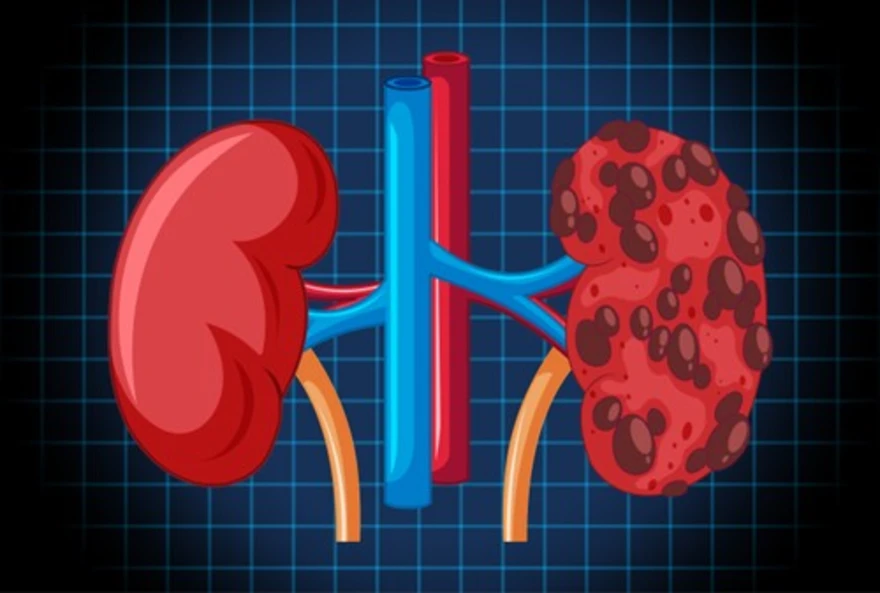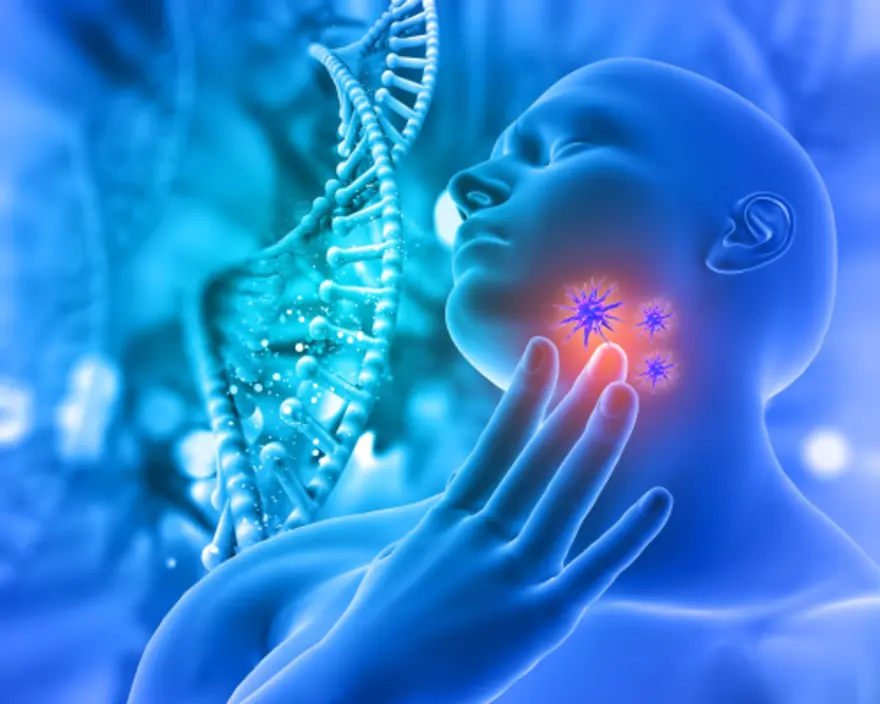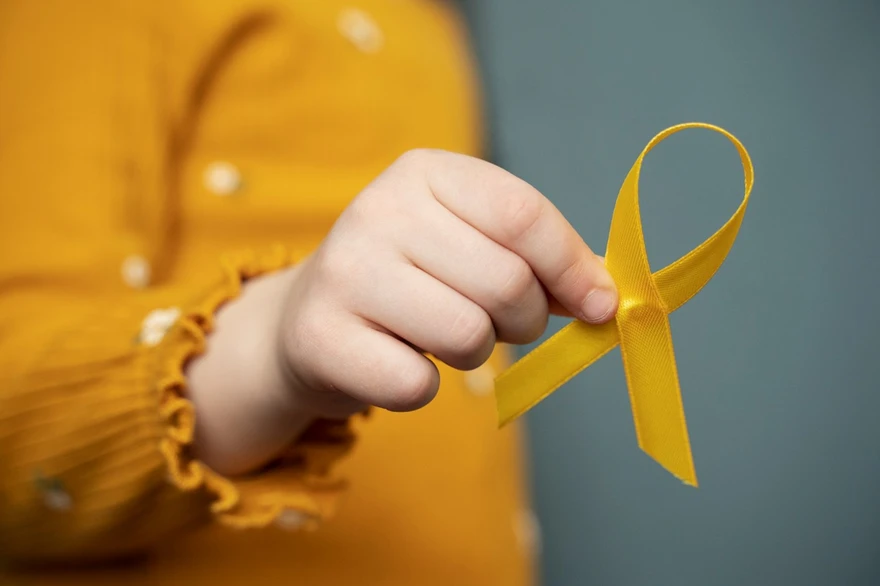Blood Group (ABO & Rh Typing), EDTA Blood
Blood Group (ABO & Rh Typing), EDTA Blood Details in Brief
| Also Known As | Blood Group (ABO & Rh Typing), ABO Rh Typing, Blood Typing |
|---|---|
| Purpose | Determines ABO and Rh blood group, aids in safe blood transfusion compatibility, and supports pregnancy management |
| Preparation | No special preparation required |
| Fasting | Not required |
| Reporting Time | After 6 hours |
| Cost | 260 |
What Is a Blood Group Test?
A blood group test, also known as blood typing, is a medical laboratory test that determines your specific blood type within the ABO and Rh systems. This test identifies specific markers (antigens) on the surface of your red blood cells to establish your blood type, which is crucial for safe blood transfusions and managing pregnancy. The ABO Rh test requires a small sample of blood, typically drawn from a vein in your arm.
What Does the Blood Group Test Measure?
The ABO Rh typing test measures specific inherited substances to identify your blood type. The test checks for:
- ABO Antigens: Determines if your blood group is A, B, AB (both present), or O (neither present)
- Rh Factor (D Antigen): Identifies if you are Rh-positive (+) or Rh-negative (-)
- Antibodies: May check plasma for antibodies that react against certain blood types for cross-matching.
Blood Group Test: Who Needs It and Why It's Done
What Symptoms May Call for a Blood Group Test?
An ABO Rh test is generally not ordered based on specific symptoms but rather as a preparatory test for medical procedures. However, symptoms that might lead to conditions requiring blood transfusion include:
- Extreme fatigue, weakness, and pale skin (symptoms of severe anaemia)
- Significant blood loss due to accident, injury, or major surgery
- Shortness of breath and dizziness from blood loss
Who Should Get a Blood Group Test?
The ABO Rh typing test is recommended for several groups of people who may need medical procedures involving blood compatibility:
- Patients needing blood transfusions due to surgery, injury, or medical conditions like anaemia
- Pregnant women, as part of routine prenatal care, to check for Rh incompatibility.
- Blood donors to ensure safe matching with recipients
- Organ, tissue, or bone marrow donors and recipients for compatibility testing.
- Individuals undergoing major surgery as a precautionary measure.
Why Is a Blood Group Test Done?
A blood group test is done primarily to ensure safety in medical procedures by preventing potentially life-threatening immune reactions from receiving incompatible blood during transfusions.
Importance of a Blood Group Test
The blood group test is clinically vital for ensuring patient safety in various medical situations. Its importance includes preventing transfusion reactions by matching donor blood with recipient blood correctly, as giving the wrong blood type can cause immune system attacks, leading to serious complications and health risks.
For pregnant women, knowing blood type helps prevent haemolytic disease of the newborn when Rh-negative mothers carry Rh-positive babies, allowing doctors to provide protective treatment.
Blood Group Test Booking & Reports – Metropolis Healthcare India
How to Book a Blood Group Test?
- Simple Online Booking
Booking can be done through the Metropolis Healthcare App or website. Select the 'Blood Group Test', choose a convenient time slot, and provide your address for a blood test at home. You can also visit the nearest Metropolis Lab if you prefer to give the sample directly at the lab. - Safe Home Sample Collection
Our trained phlebotomists ensure the timely collection of your sample while strictly following all safety and hygiene protocols. - Sample Tracking Updates
Stay informed at every step. From collection to testing, you can track your sample directly through the Metropolis Healthcare website. - Accurate Laboratory Testing
Your sample is processed at our NABL- & CAP-accredited laboratories, where expert technicians ensure accurate results. - Quick & Easy Reports
Receive your test reports promptly via email, WhatsApp, or by downloading them directly from the Metropolis Healthcare website or app.
Is Home Sample Collection for the Blood Group Test Available Near You?
Yes, home blood sample collection is available for the ABO Rh test at Metropolis Healthcare. Our trained phlebotomists ensure accurate sample collection in the comfort of your home, eliminating the need to visit a pathology lab. With over 10,000 touchpoints across India, we make reliable blood group testing accessible wherever you are. And provide peace of mind with professional care and precise results delivered safely to your location.
How Long Does It Take to Get a Blood Group Test Report?
Reports are usually available within 6 hours once the sample reaches the lab.
Note: Reporting time and cost may vary depending on your location.
Where Can I See or Get the Blood Group Test Results?
Test results from Metropolis Healthcare can be accessed through multiple convenient channels. You can log in to the Metropolis website using your credentials or use the Metropolis Healthcare App to view and download your reports. Additionally, test reports are sent via email or WhatsApp, and you also have the option to collect a physical copy directly from the lab.
Interpreting Blood Group Test Results
What Your Blood Group Test Results May Indicate
The following table explains what your blood group test results mean and their clinical significance:
|
Parameter |
Result |
Meaning |
|
Blood Group (ABO Typing) |
A, B, AB, or O |
Indicates which antigens are present on your red blood cells |
|
RhD Factor (Rh Typing) |
Positive or Negative |
Shows presence (+) or absence (-) of Rh protein on red blood cells |
Conditions that May Affect Blood Group Test Accuracy
Several factors can influence your blood group test results and should be discussed with your healthcare provider:
- Recent blood transfusions may temporarily affect test results due to donor cells in circulation.
- Certain medications or treatments affect red blood cell production.
- Severe dehydration makes blood drawing difficult, though it does not affect actual results.
- Haemolysis (breakdown of red blood cells) in the sample can interfere with testing.
- Improper sample handling or storage conditions affect test accuracy.
- Very rare conditions affecting antigen expression on red blood cells.
How Is a Blood Group Test Done?
The ABO Rh typing test follows a simple and safe procedure performed by trained healthcare professionals:
- A tourniquet is tied around your upper arm to make the veins more visible.
- The injection site is cleaned with an antiseptic wipe.
- A small needle is inserted into a vein to collect a blood sample.
- About 3 ml of blood is drawn into an EDTA tube for testing.
- The needle is removed, and a cotton ball or bandage is applied to stop bleeding.
- Your sample is sent to the laboratory for automated testing using column agglutination technology.
How Should You Prepare for a Blood Group Test?
Preparing for a blood group test is straightforward, as minimal preparation is required:
- No fasting required: You can eat and drink normally before the test.
- Continue regular medications: Most medicines do not affect blood group results.
- Stay hydrated: Drink adequate water to make the blood draw easier.
- Wear comfortable clothing: Choose clothes with sleeves that can be easily rolled up.
- Inform about recent transfusions: Tell your doctor if you've had blood transfusions recently.
Diseases that a Blood Group Test Can Help Detect
While a blood group test doesn't directly diagnose diseases, it helps manage various health conditions:
- Haemolytic disease of the newborn: Prevents Rh incompatibility complications in pregnancy
- Blood disorders: Assists in managing conditions requiring transfusions, like anaemia or leukaemia
- Autoimmune conditions: Helps in treatment planning for diseases affecting the blood
- Surgical complications: Prevents transfusion reactions during major procedures
- Transplant rejection: Aids in organ and tissue compatibility assessment during a full body checkup.
Blood Group Tests/Packages that You Can Book With Metropolis Healthcare
The following table shows related tests and packages available at Metropolis Healthcare:
|
Test/Package Name |
Purpose/Highlights |
|
Determines the ABO and Rh blood group for transfusion compatibility |
|
|
Genetic testing for paternity determination using blood samples |
Blood Group Test Prices in Different Cities
The cost of a blood group test may vary depending on your location. Here's a table showing the approximate prices in different cities.
|
City |
Price (INR) |
|
₹120 - ₹300 |
|
|
₹120 - ₹300 |
|
|
₹120 - ₹300 |
|
|
₹120 - ₹300 |
|
|
₹120 - ₹300 |
|
|
₹120 - ₹300 |
Blood Group (ABO & Rh Typing), EDTA Blood Price
Metropolis Healthcare is a leading diagnostics centre and pathology lab in India equipped with the latest state-of-the-art technologies that provides the Blood Group (ABO & Rh Typing), EDTA Blood with a clear pricing structure.
The Blood Group (ABO & Rh Typing), EDTA Blood Price in Mumbai is ₹ 260 .
We are committed to deliver accurate and quality results from the best labs in India with complete transparency regarding test cost and turnaround time. No matter where you are, we strive to offer patients high-quality service that is affordable and accessible.
Frequently Asked Questions
Your blood group is determined by genes and never changes throughout life. Therefore, the test can be taken at any time of day, on any day, without timing restrictions.
No, fasting is not required for a blood group test. You can eat and drink normally before the test, as food does not affect red blood cell antigens.
Dehydration doesn't change your actual blood type results. However, severe dehydration may make blood drawing more difficult by causing veins to collapse during sample collection.
No special dietary preparation or medication changes are needed. However, inform your doctor about all prescription drugs, over-the-counter medications, and supplements you're taking.
A healthcare professional ties a tourniquet around your arm, cleans the area, inserts a needle into a vein, collects blood in a vial, then removes the needle and applies a bandage.
Risks are minimal and similar to any blood draw: minor pain, bruising, slight bleeding, dizziness, or, very rarely, infection at the puncture site.
There are no "normal" or "abnormal" blood groups; they are simply different genetic types. All blood groups are healthy, with O-positive and B-positive being the most common in India.
A blood group test is also commonly known as Blood Typing, ABO and Rh Typing, or blood compatibility testing in medical settings.
Ratings & Reviews (0)
Why Metropolis?
Metropolis has a team of 200 senior pathologists and over 2000 technicians delivering diagnostic solutions in the areas of routine, semi specialty and super specialty domains like Oncology, Neurology, Gynaecology, Nephrology and many more.
We offer a comprehensive range of 4000+ clinical laboratory tests and profiles, which are used for prediction, early detection, diagnostic screening, confirmation and/or monitoring of the disease.





















 WhatsApp
WhatsApp







